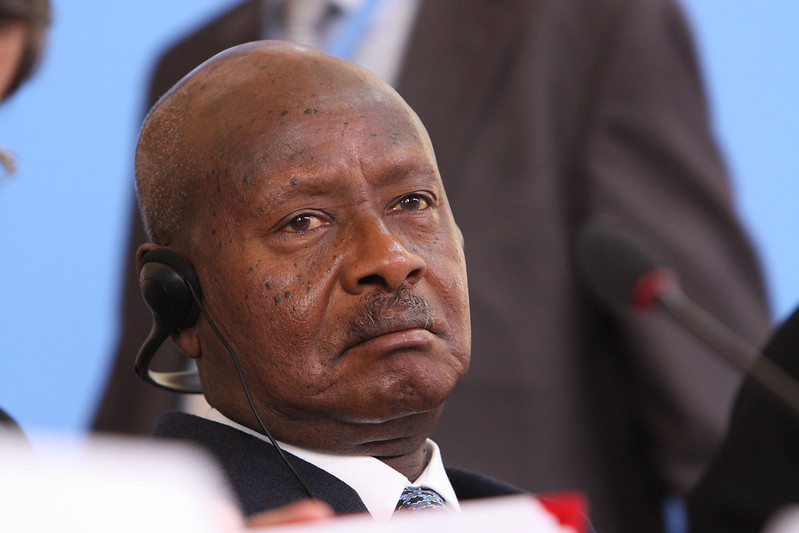Ugandan MPs last week approved a draconian new bill that makes identifying as LGBTIQ punishable by life imprisonment, and advocates the death penalty in certain cases.
It also penalizes individuals and organizations who “promote” homosexuality and imposes a duty on Ugandans to report people in same-sex relationships to the authorities.
Only two out of 389 MPs voted against the bill, which is now widely expected to be signed into law by President Yoweri Museveni.
The Anti-Homosexuality Bill mandates life in prison for what it defines as homosexuality, which includes declaring a “sexual or gender identity that is contrary to the binary categories of male and female”, as well as anal sex and the use of sex toys by same-sex couples.
The offense of “aggravated homosexuality” – where the victim is aged under 14 or over 75, has a disability or mental illness, or the offender is a relative, guardian, or in a position of authority – is punishable by death.
The bill also says it is an offense punishable by 10 years in prison to “promote” homosexuality through, but not limited to, the following acts:
- online or print media content that discusses homosexuality
- leasing premises for purposes of “undertaking activities encouraging homosexuality”
- providing financial support, and operating organizations that “promote or encourage… the observance or normalization” of homosexuality.
Introduced less than a month ago, the original bill was fast-tracked through committee debates and legal review. Amendments made during that process included increasing the penalty for homosexuality from 10 years to life in prison. The parliamentary legal affairs committee also amended the bill to include “child homosexuality”, an offense performed by a minor penalized by three years in prison.
International human rights organizations and donor groups, including Amnesty International, have condemned the bill. Some have warned the legislation threatens to undo Uganda’s progress on HIV/AIDS services for key populations, including LGBTIQ people.
Ugandan rights campaigners have also criticized the bill’s use of the term “promotion” as overly vague, saying it could “criminalize legal practices, academic studies, and the work of civic organizations”.
Anti-gay hostility and violence
Uganda is a socially conservative, majority-Christian country, and retains a colonial-era penal code law containing an anti-sodomy section. LGTBIQ people face hate crimes or are even killed. They are frequently arrested on trumped-up charges and have their shelters raided by the police.
The new bill mirrors a law passed in 2014 that originally proposed the death penalty for homosexuals, later amended to life in prison. However, that same year the law was struck down on procedural grounds by the constitutional court, due to a lack of quorum in parliament.
In 2021, Parliament passed a “sexual offenses” bill that defined various sex crimes, including “a ban on a sexual act between persons of the same gender”. However, President Museveni did not sign the bill into law, stating that many of its provisions were already provided for in existing legislation.
The 2023 Anti-Homosexuality Bill was introduced by opposition MP Asuman Basalirwa, but MPs belonging to both opposition and ruling parties voted overwhelmingly in favor of it.
